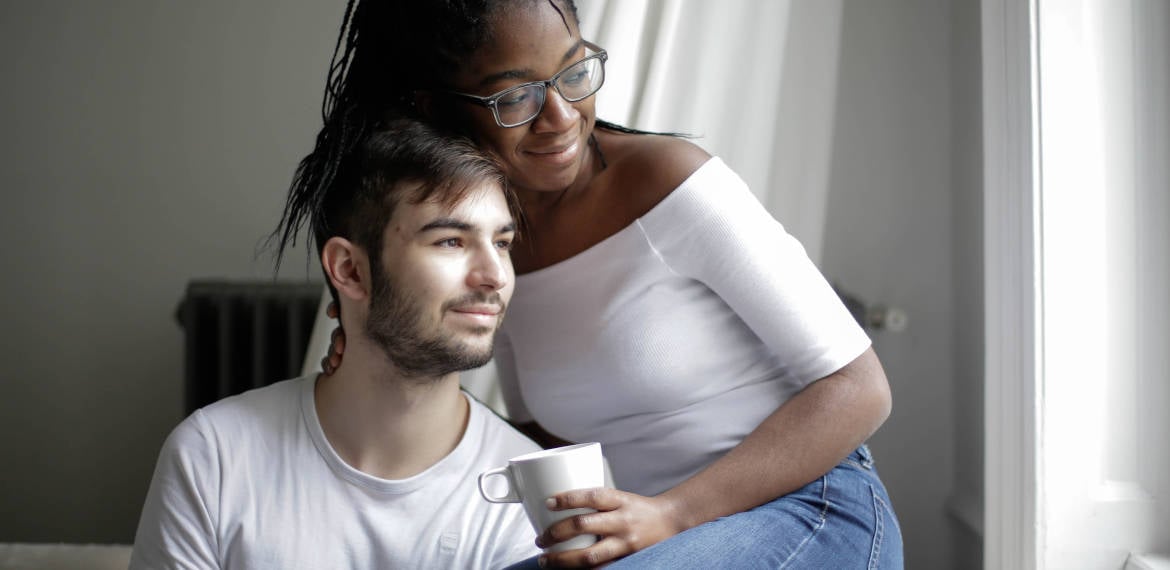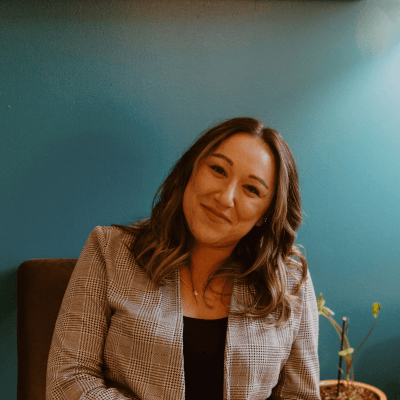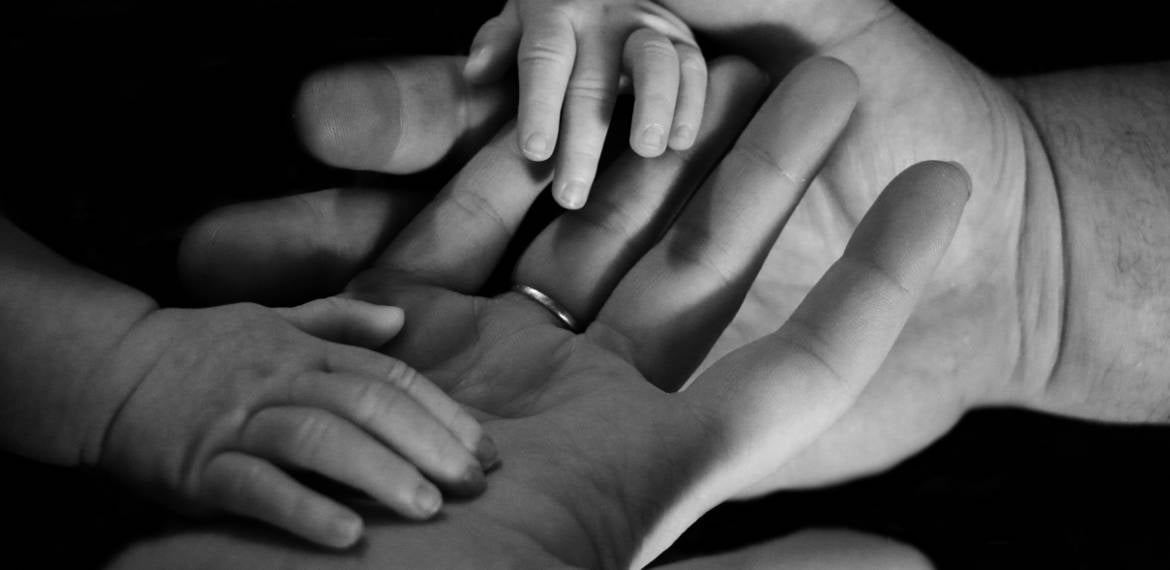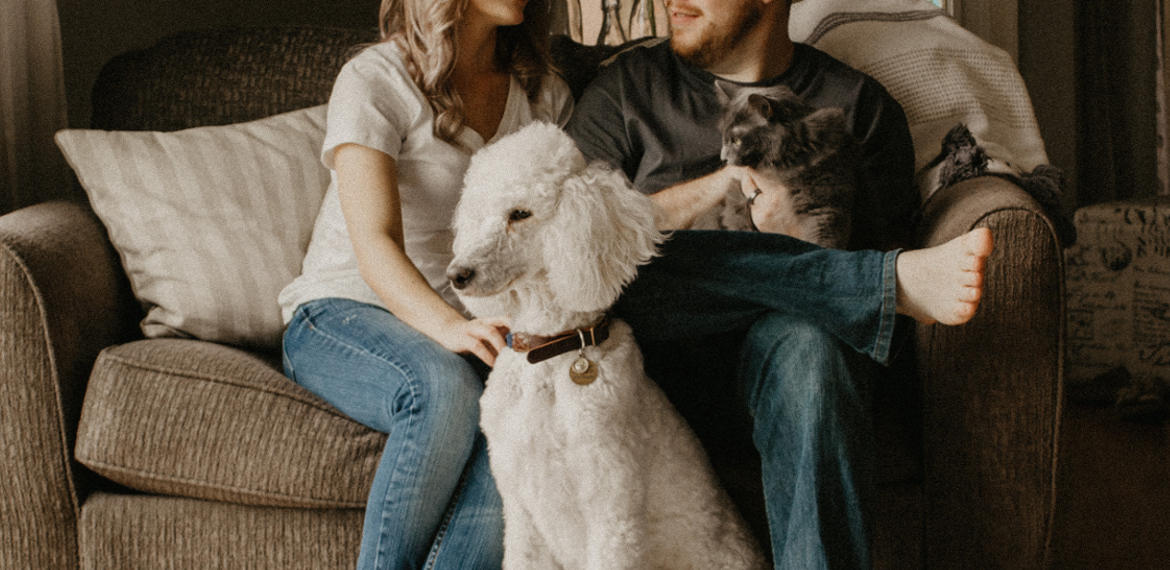
My Partner Won't Go to Counseling with Me, and I Know We Need Help
So you and your partner have been struggling lately and it’s not getting any better. You may be arguing more often, feeling disconnected, or even feeling more like roommates instead of intimate partners… You have noticed these changes and tried to bring them up with your partner, yet time and time again, nothing changes. You are willing to work on it — you start researching articles, looking up books, or listening to podcasts. Yet, you still feel helpless. You start to think you need couples counseling. You get the courage to suggest it to your partner, and he or she rejects it, or brushes it off, or doesn’t believe you guys need it. So what do you do now?!
Can you work on your relationship without your partner participating in counseling?
Why not?! Sure, couples counseling may work best with both partners. But, if one partner is unwilling to commit to counseling, why can’t the other partner get more insight through the counseling process? This can provide a space for you to open up freely, without judgment, about your side of what is going on within your relationship. The reality is that you can’t change your partner, but you can focus on your role in the relationship and work on yourself. Sharing with a non-judgmental third party can be beneficial. Sometimes when sharing with friends and family, we do not always get what we need from them; it can be biased, or just not helpful.
Keep in mind that you may get started with your counseling journey before your partner is ready to begin, and that’s fine. But if and when your partner is ready to work on things and participate in counseling, it is highly suggested that you find a therapist to work with as a couple who is not already working with you individually. Sure, you may start therapy and be really comfortable with your own individual therapist. However, you already have established a therapeutic relationship. There are already alignments that have started and adding your partner to that mix is not always ethical and may not lead to the outcome you guys are looking for.
But what will it look like?
The beginning parts of therapy are the “getting to know you” sessions. It’s important to begin a healthy, professional, therapeutic relationship with your therapist to start your journey. The beginning of therapy entails gathering lots of background information about you and your partner, how you’re functioning now, how you functioned in the past, any significant events that impacted you guys (or the family), etc. It’s about exploring how communication occurs and what it looks like in your relationship. It’s helpful to look at it for what it is, and sometimes that requires owning your side of the conflict and your part in it. It’s about figuring out what conflict looks like and how each partner functions during it.
Doing this type of counseling is also about focusing on the positives. It’s easy to feel like things are not going well with your partner and when we get that way, we often don’t focus on what is good in the relationship. Most couples have strengths that are great starting blocks to build off of. Identifying those are great to do! And probably need to be done more often.
Psycho-education will be another part of this type of therapy. This may be reading articles, watching videos, learning more tools, examining the research, etc. Building up your toolbox to be able to work on your relationship! Once we are able to explore this, then we begin to dissect how you and your partner function and are able to pinpoint areas that you can change, how you can shift your responses, how you can approach things in a healthy way, how you can respond to connection and ask for it from your partner.
Creating self-awareness is an important part of creating change for yourself. Also, having your therapist challenge you to think outside the box can be beneficial. This can help you to think in terms of what your partner may be experiencing or feeling. Practicing this is a starting point for you to provide empathy for your partner, which is a way that we can build connection and strengthen the relationship.
Things to Remember
- Reaching out to a therapist is the first part. Finding a therapist with a MFT (Marriage and Family Therapy) background would be the most helpful as they have specific training in couples work.
- You’ll have to review background information about you, your partner, and how you guys are functioning within the first few sessions. It’s helpful to own your side of what is playing out in the relationship, too. Not just pointing fingers at your partner the whole time.
- Learning new skills and tools may be an area you focus on with your therapist.
- Putting yourself in your partner’s frame of mind helps give you the opportunity to provide empathy.
- If/when your partner is ready for couples work, finding a separate couples therapist instead of working with only your individual therapist would be helpful. But that doesn’t mean you need to stop your individual work either. It’s healthy to have your own space and time.
If you want to get set up to start your own counseling experience or have any questions, feel free call our office at 616-929-0248. We have great staff who will have your back and are here to support you with whatever you need!

About Rosann Raftery
Rosanne Raftery, LPC, LLMFT, holds a BA in Psychology from Central Michigan University and a MA in Marriage and Family Therapy from Western Michigan University. She is passionate about pre-engagement or premarital counseling, divorce recovery, open relationships, women’s issues, anxiety, depression, and working with the LGBTQ+ community. She specializes in working with individuals, couples, and families in building their communication skills, healing, and strengthening their relationships at Lifeologie Counseling Grand Rapids Ada and Lifeologie Counseling Grand Rapids Cascade.
Meet Me



